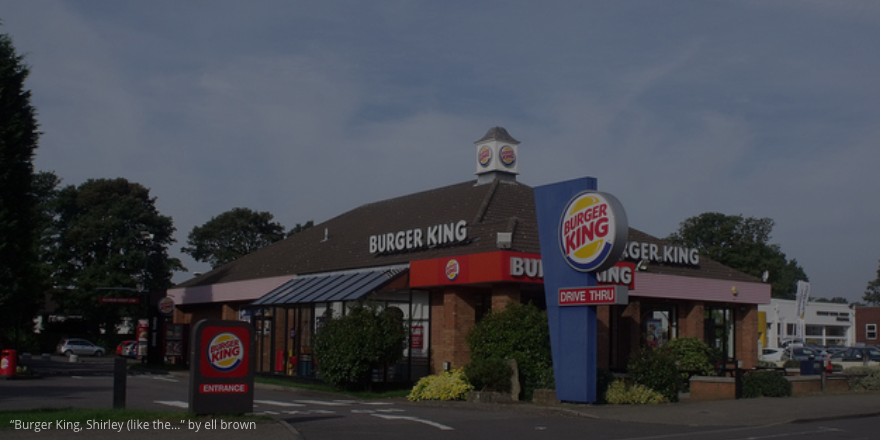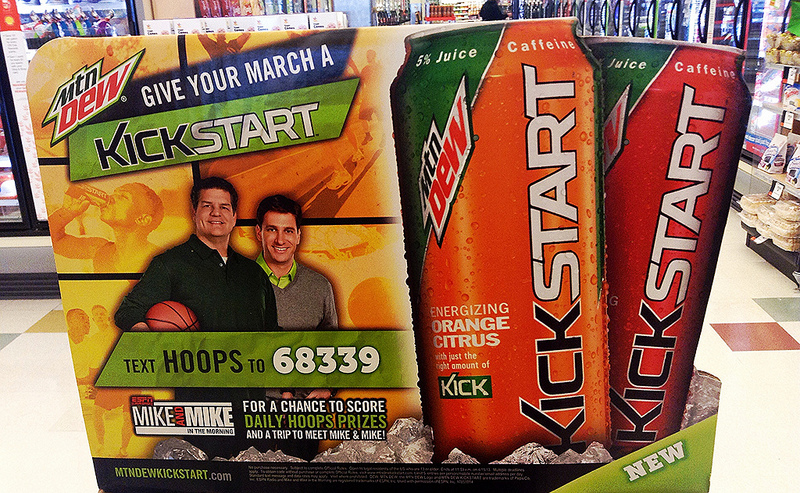This post was originally written by Amy Cortese, Founder and Editor of Locavesting, a leading site for local investing news, education, and resources
What is it about a locally brewed, hop-infused beer that makes people so eager to part with their money? Microbrewers have been crushing it in crowdfunding—both on rewards-based sites such as Kickstarter and Indiegogo as well as investment crowdfunding platforms like Localstake and CraftFund.
Now, a colorful Scottish brewer called Brewdog has hit a new crowdfunding milestone by raising £10 million ($15 million) in its latest “Equity for Punks” crowdfunding campaign—a sum it claims is the world’s largest equity crowdfunding raise to date.
That’s all the more remarkable given the fact that it was funded by thousands of small investors and conducted largely on the company’s own web site. As with its previous crowdfunding campaigns, Brewdog has bypassed not just traditional banks but the crowdfunding establishment, too, preferring to run its own campaign (although it recently listed a minibond offering on British site Crowdcube as well).
“Equity for Punks is all about shortening the distance between us and the people who drink our beer, and enabling us to keep putting passion in people’s beer glasses without resorting to begging funding from big monolithic banks who don’t care about the beer,” said CEO James Watt inannouncing the £10 million milestone.
The campaign, which was launched last April and will continue until April 2016, is seeking a total of £25 million.
In many ways, Brewdog is a paragon of the collaborative age. It’s counter-culture ethos and punk sensibility play to the crowd, and it has leveraged that support to grow from a scrappy operation to one spanning several countries.

Brewdog was founded in 2007 by Watt and Martin Dickie, who sold their small batch beer from the back of a van in NorthEast Scotland, accompanied by their dog, which inspired the young brewery’s name. Today, the company has grown to more than £30 million in sales and 350 employees. Its brews, such as Punk IPA and Vagabond Pale Ale, are sold in more than 50 countries, including some 30 Brewdog-owned craft beer bars. It’s building a new eco-friendly brewery in Scotland, and earlier this month broke ground on a new $30 million brewery in Columbus, OH that will serve as its U.S. headquarters.
Most of this was accomplished without the help of banks or venture capitalists (although bank loans financed its first brewing operation in 2007). Instead, Brewdog has relied on the support and engagement of its customers and fans.
“Our crowd is our business’ most valuable asset,” says Watt, a law graduate and former trawler captain. “It underpins everything that we do.”
Crowdfunding was a natural for the Brewdog founders. Just 24 when they started Brewdog, they did what many in their generation have done: they documented and shared their journey into business on social media. In need of capital and wanting to put their fans at the heart of what they did, they offered shares to the crowd through a DIY equity crowdfunding campaign back in 2009—a year before there were any commercial crowdfunding platforms in the UK, and three years before the US would pass the JOBS Act. More than 1,300 people invested.
The self-styled punk businessmen blazed a new trail that others have subsequently followed. But none have done it with such success.
Brewdog followed its first DIY raise with two more, in 2011 and 2013—the latter raising £4 million in oversubscribed issue. With six months to go in its current campaign, the company boasts 35,000 investors.
Throughout, the formula has remained essentially the same: egalitarian offerings with minimum investments under £100, and a social media-fueled campaign with attention-getting pranks, which have included dropping taxidermy “fat cats” from a helicopter over London (pictured above), driving a tank down a Camden street, and posing in the window of a Red Light District.
The Equity for Punks IV prospectus is part manifesto, part financial disclosure. It begins with this declaration:
BREWDOG IS AN ALTERNATIVE SMALL BUSINESS OWNED BY THOUSANDS OF PEOPLE WHO LOVE CRAFT BEER. THEY ARE OUR SHAREHOLDERS, OUR FRIENDS, OUR COMMUNITY AND THE HEART AND SOUL OF OUR BUSINESS.”
The minimum investment is £95, which buys you two shares. In return for their investment, “punk shareholders” receive voting shares (although company founders own 75% of the stock), and perks such as a lifetime discount on Brewdog products and an invitation to the company’s popular annual general meeting, or AGM. The company says all profits will be reinvested back into the company.
The exception is the minibond offering on Crowdcube. The Brewdog Bond confers the same perks and discounts, but for the first time offers a steady dividend of 6.5% over the four-year life of the bond. The bond requires a minimum investment is £500.
“The financial benefit of crowdfunding is one of the less important aspects in the overall scheme of things,” says Watt, “These investors are not only our best customers, they are also our best ambassadors.”
The crowd engagement goes beyond funding. Brewdog crowdsources the location of its bars as well as its small batch brew selections (the crowd has favored brews including Pumpkin Head and Dead Metaphor).
Brewdog’s success has prompted some grumbling from the crowdfunding establishment. And, as with many private investments, the pay off for investors is uncertain. The shares are not listed on a stock exchange, so for now are illiquid (although Brewdog says investors can sell them once a year on its proprietary trading platform). The shares do not pay dividends. And according to the FT, Brewdog is valued at a lofty £305 million, implying a trailing price-to-earnings ratio of 115. On top of that, Brewdog lists the usual laundry list of risks in its prospectus.
Still, none of that has stopped tens of thousands of people from owning a piece of Scotland’s fastest growing beer maker.
Wisdom of the crowd? Or drunk on Kool-Aid? Only time will tell. But for now, the punks are having a ball.
[x_share title=”Share this Post” facebook=”true” twitter=”true” linkedin=”true” reddit=”true”]














